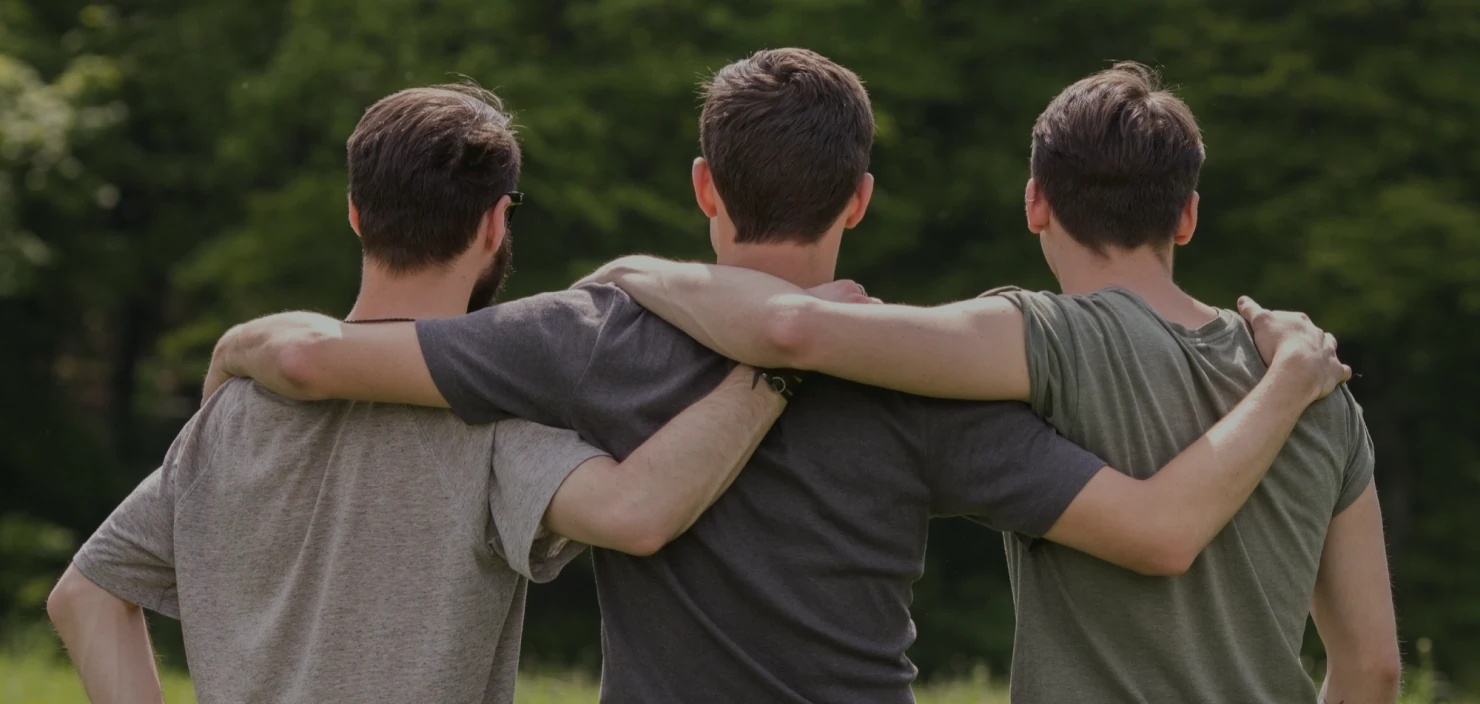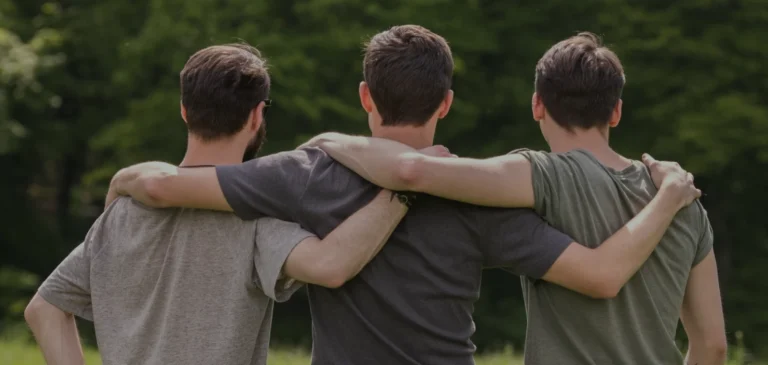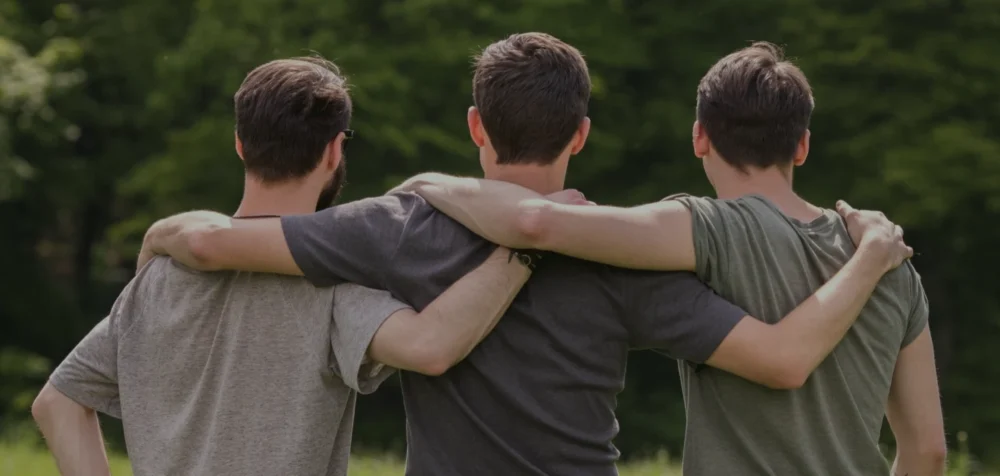
Focus on the positive aspects of socializing without alcohol, such as clear-mindedness, better sleep, improved health, and the ability to fully experience and remember moments with friends. Embracing sobriety can lead to a more authentic and fulfilling social life. Choose to spend time with friends and acquaintances who support your decision to socialize without alcohol. Being in a positive and nonjudgmental environment can make the experience more enjoyable and fulfilling.
Using the term “sober” could be offensive to some in recovery
These effects are usually temporary but can have serious consequences, especially in situations requiring focus and quick decision-making. Coulter agrees that preparation is key when it comes to dealing with alcohol. “In the long run, it’s better to plan ahead rather than react to the circumstances,” he says, as dealing with pressures or triggers in the moment can sometimes lead to poor or rash decision-making. You can also talk to friends or family members beforehand and let them know you have your worries about attending and would love their support.

Overcoming Obstacles on Thanksgiving
- For some individuals, the season brings up feelings of loneliness, grief, or unresolved family conflicts, leading them to turn to substances for comfort or as a way to cope with negative emotions.
- As we explore this topic further, we’ll delve into the specific benefits of embracing a sober curious lifestyle.
- Here’s how to be around people who drink and how to help friends trying to stay sober.
- Many may not know that about one-third of U.S. adults report consuming no alcohol at all in the past year.
Learn about opportunities to help change the conversation around mental health. But it’s better than drinking to fit in and risking your recovery. Others aren’t always going to understand, but your recovery and healing are important.
Find Sober Friends
- Being open and honest about your decision to stay sober with your friends is essential.
- This disruption occurs because alcohol interferes with the body’s natural sleep-wake cycle, known as the circadian rhythm.
- By openly discussing your sobriety and the reasons behind your decision, you can promote understanding and garner their support.
Even if your nondrinking friends have told you they don’t mind being around people who are drinking, they might not want to hear you reminisce about the time you being sober around drinkers won a drinking contest. Fetishistic talk about drinks and drinking, or excessive drunkenness, can be annoying to witness or worse, distressing, for someone who’s in recovery. Some people in recovery may feel comfortable being around booze, or even going to bars and clubs. This question is commonly played out in real life, and in increasing ways, as more individuals decide to disclose their recovery identities more openly. Make choices that align with your sobriety goals without worrying about staining your friendships.


Since I’ve got sober I’ve had varying success at navigating my way through this Easter weekend. One year I took every single alcoholic beverage consumed by another person as a personal slap in the face and raged at the situation privately in my room (with a pen and paper). If you’re ready to start treatment, American Addiction Centers is here to help. Call our free, confidential 24/7 helpline to speak to an Admissions Alcohol Use Disorder Navigator about the rehab options that are best for your needs.
Providing drinks that are both alcoholic and non-alcoholic is appropriate and shows a sober friend you care. I love =https://ecosoberhouse.com/ a party that doesn’t have the focus on alcohol, and choosing activities, games, and food that are centered on a different element creates a relaxed place for everyone. Engaging in activities that do not involve alcohol is another effective way to create a supportive environment for socializing while staying sober. There are numerous non-alcoholic activities and hobbies that can be enjoyed with friends who drink.

Discover practical steps on how to deal with an alcoholic, from setting boundaries to seeking help. Thanksgiving can be a bit of a minefield for folks trying to stay sober. So keeping your resolve takes a little extra work around this time. Figuring out what gets under your skin and how to handle folks pushing drinks your way is key.
We will also discuss ways of preparing for social interactions as a non-drinker and the benefits of having go-to responses ready. Explore the new study on daily adolescent substance use and its impact on mental health and prevention strategies. Discover the power of practicing gratitude in recovery and enhance your mental health and relationships. Discover how to help someone with drug addiction and navigate treatment options for a path to recovery. The notion of alcohol as a social lubricant has long been the norm — ask the designated driver at any event. However, in recent years, there’s been a growing awareness of the health implications of alcohol consumption and a cultural shift toward non-alcoholic beverages.